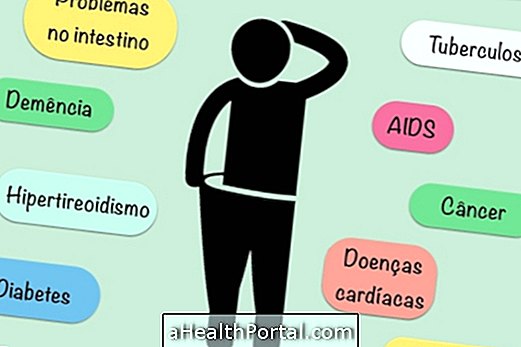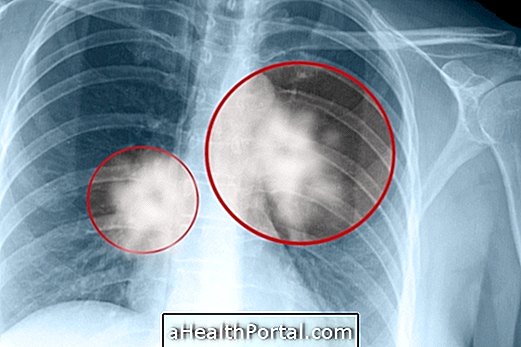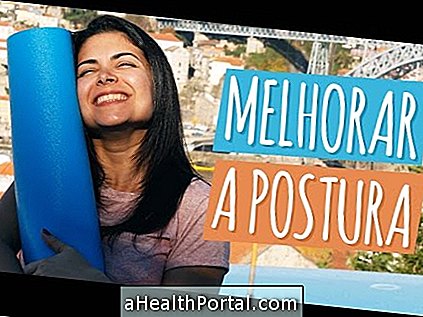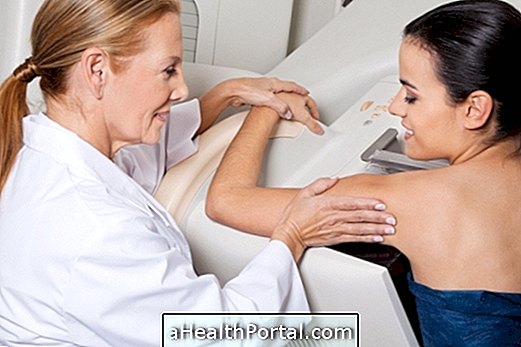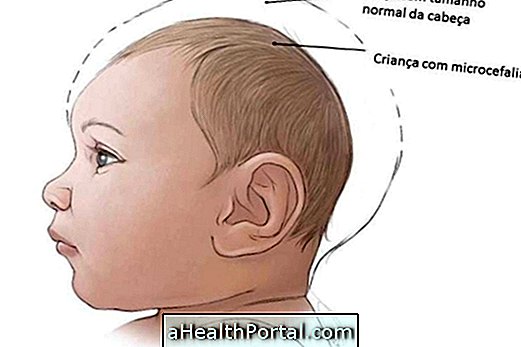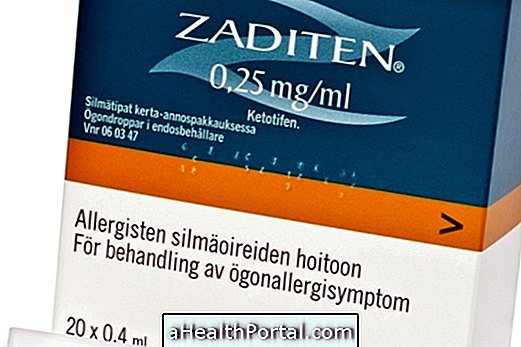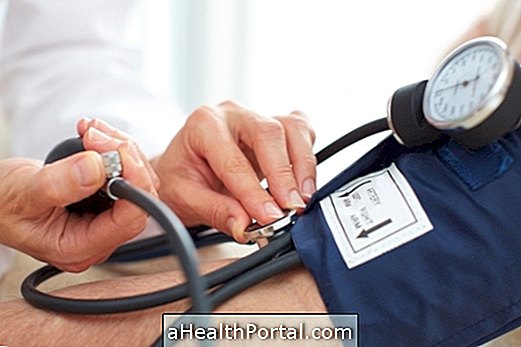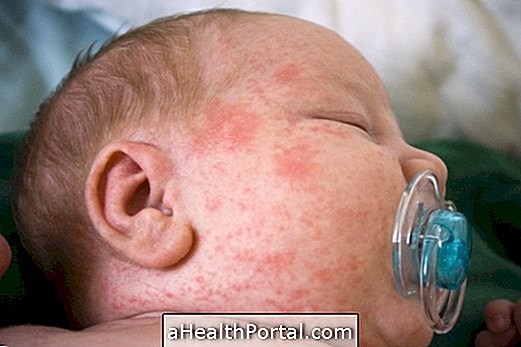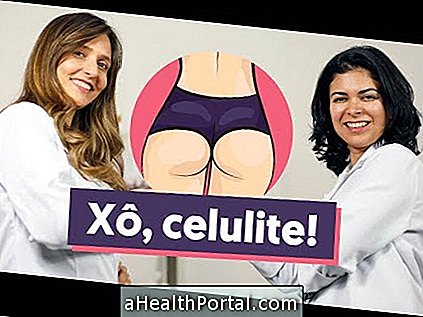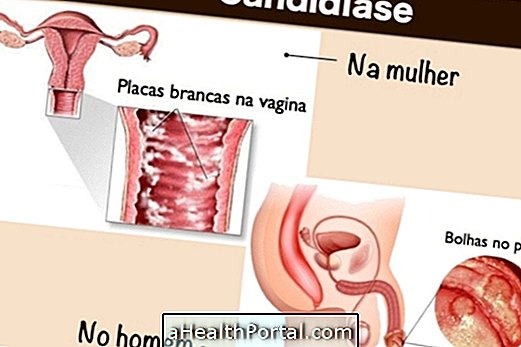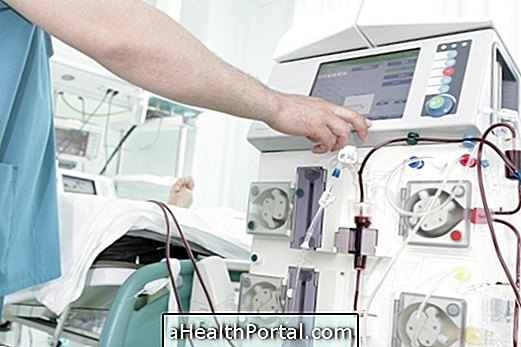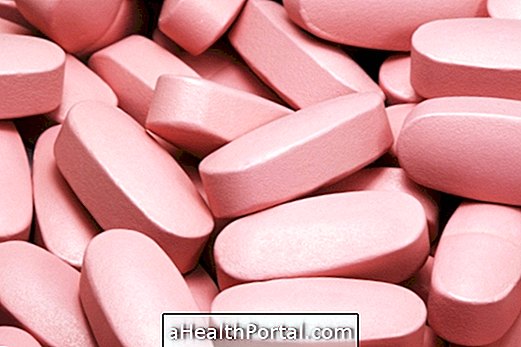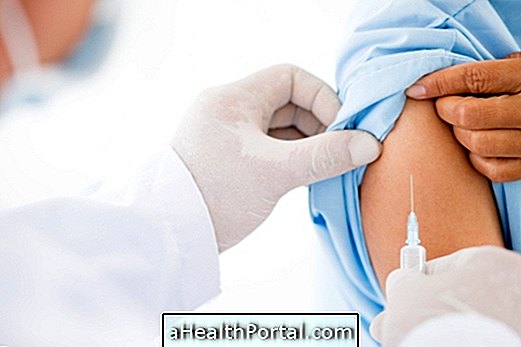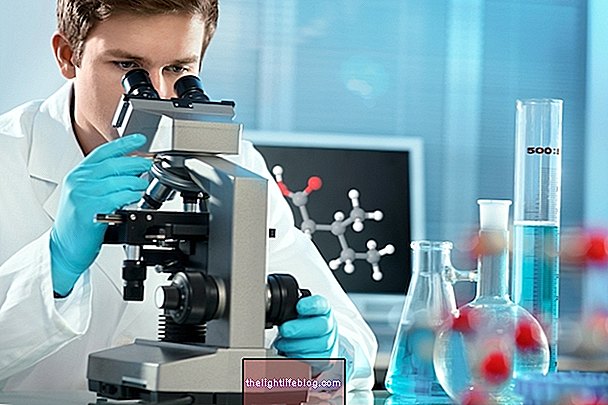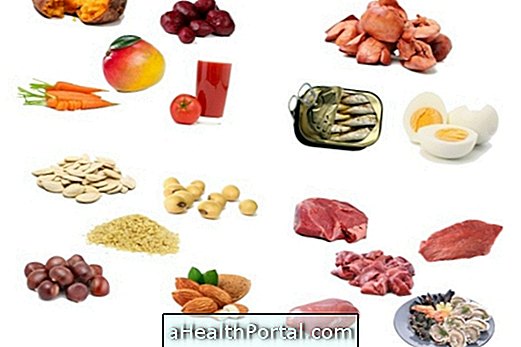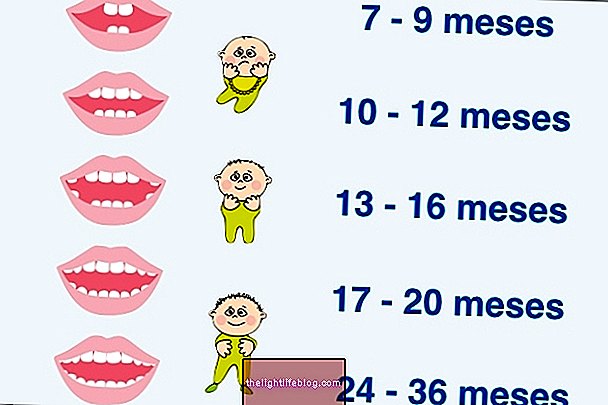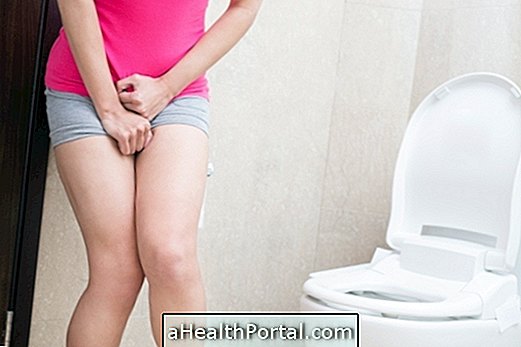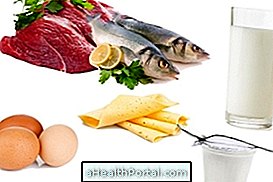The treatment for esophageal varices, also known as esophageal varices, should be guided by a hepatologist and is usually done with combined use of medicines, to decrease pressure within the varicose veins, and endoscopy to remove varicose veins and achieve cure .
In addition, because esophageal varices are caused by liver problems, such as cirrhosis or portal vein thrombosis, surgery may also be needed to treat the liver or, in more severe cases, to perform a liver transplant.
Thus, patients with cirrhosis or with symptoms of liver problems, such as swollen belly, shortness of breath, or excessive swelling of the legs should do an endoscopy to identify if there are esophageal varices and initiate appropriate treatment, avoiding complications such as hemorrhage.
Know the signs of liver problems in: Symptoms of liver problems.
Main types of treatment of esophageal varices
The type of treatment used for esophageal varices depends on the severity of the problem in the liver and the size of the varicose veins:
1. Remedies for esophageal varices
The most commonly used remedies for esophageal varices include:
- Beta blockers, such as Popranolol or Nadolol, which reduce heart rate and, consequently, decrease pressure within varicose veins;
- Splenic vasodilator remedies, such as Vasopressin or Somatostatin, dramatically decrease the pressure within the varicose veins, and are therefore more commonly used in situations of bleeding.
These remedies are used to decrease the risk of bleeding into large varicose veins and therefore do not cure esophageal varices. Thus, the physician may also recommend using one of the other types of treatment to eliminate varicose veins.
2. Endoscopy for esophageal varices
Endoscopy for esophageal varices, besides aiding in diagnosis, also serves to remove the varicose veins by placing an elastic band around the varice to coagulate the blood in the place and cause the varize to fall.
Usually, in addition to this treatment, the patient also needs to take medications to decrease the pressure in the varicose veins and prevent them from recurring.
3. Surgery for esophageal varices
Surgery for varicose veins in the esophagus is used mainly in the most severe cases where it is not possible to control the pressure inside the varicose veins only with medication and seve to treat the problem in the liver or to perform a liver transplant if necessary.
Food for esophageal varices
Feeding for esophageal varices should be low in fat and with easily digestible proteins, such as fish, white meat or vegetables, for example, to facilitate the treatment of the problem in the liver. See other foods in: Diet for the liver.
However, due to the presence of varicose veins, it is important to take some care with foods like:
- Give preference to pasty foods, such as porridges, purees or vitamins, for example;
- Chew the food in small amounts at a time;
- Avoid very hard, crunchy or dry foods, such as cookies, dried fruits or coconut;
- Do not eat very hot foods, letting cool down about 5 minutes, before eating.
These care are important to prevent injury or breakage of varicose veins and therefore help decrease the risk of bleeding.
When to go to the doctor
It is recommended to go immediately to the emergency room or call an ambulance, calling 192, when they appear:
- Fetid black stools;
- Stool with live blood;
- Vomiting with blood;
- Excessive tiredness and pallor.
Usually these are signs of bleeding varicose veins of the esophagus and so it is important to go to the hospital to treat the bleeding quickly.
